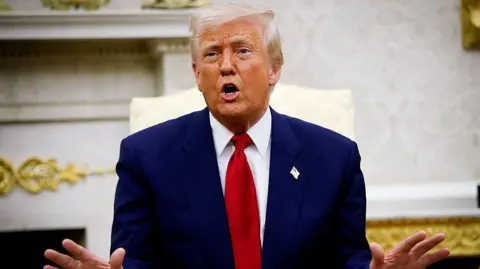In a notable turn of events within the ongoing U.S.-China trade war, a recent revelation disclosed that the Biden administration has decided to exempt smartphones from an escalated 125% tariff imposed on goods entering the United States from China. This exemption comes through a minor U.S. customs note, listing the code “8517.13.00.00,” which specifically pertains to smartphones, thereby making this high-value category of imports exempt from the punitive tariffs that have sparked concern among businesses and consumers alike.
This exemption marks a significant shift from earlier trade policies aimed at bringing manufacturing jobs back to the U.S. Recently, U.S. Commerce Secretary Howard Lutnick indicated that the primary goal of rising tariffs was to encourage companies like Apple to shift iPhone production from China back to American soil. Thus, the decision to exclude smartphones—a leading Chinese export by value from the tariff list—is both surprising and strategic, as it materializes without an official prior announcement.
The implications of this tariff exemption are substantial. Had the tariffs remained intact, retailers across the United States would have soon faced dramatic price increases for products like the iPhone, which is predominantly manufactured in China. According to Counterpoint, a global technology market research organization, approximately 80% of iPhones intended for the U.S. market are produced in Chinese factories. With manufacturing profit margins estimated between 40% and 60%, prices for each device could have potentially surged to nearly $2,000. Apple might have had to consider spreading this increase across its global pricing strategy.
However, this risk of “sticker shock” has been mitigated for now. The possibility still looms that other tariffs, such as a 20% tariff on fentanyl-related imports from China, could remain in effect, potentially prompting a public re-evaluation of iPhone prices down the line. Key to navigating this landscape is Apple CEO Tim Cook, who has established critical relationships with both U.S. President Joe Biden and Chinese President Xi Jinping, positioning him as a possible intermediary in future U.S.-China trade negotiations.
The White House’s recent strategic shifts signal a more nuanced approach to trade relations in the face of mounting pressures. Reports have indicated that trade advisor Peter Navarro is being sidelined in favor of Treasury Secretary Scott Bessent, who now leads attempts to renegotiate terms and avoid further tariff escalations. Navarro’s previous strategies emphasized reciprocal tariffs based on the trade surpluses against the U.S., which he labeled a manifestation of “cheating.”
Through these changes, the administration appears to be reacting not just to concerns about trade deficits, but also to anxieties emerging from financial markets. Recent bond market fluctuations have raised alarms over the U.S. economy’s stability, compelling policymakers to secure agreements that would stabilize investor confidence. This has resulted in a surprising array of about-faces regarding tariffs, where almost 25% of China’s total exports now enjoy exemptions from the hefty surcharge.
The list of exempted products and nations reveals an interesting dynamic; Taiwan, Malaysia, Vietnam, Thailand, and others benefit substantially from these exemptions, highlighting an inversion of previously rigid trade principles. Notably, Taiwan commands a $74 billion surplus with the U.S., while Vietnam’s surplus stands at $124 billion, positioning these nations within a preferential framework that some critics argue is counterintuitive to the original objectives of Trump’s tariff policies.
Overall, the swift changes in U.S. trade policies illustrate the complexities of international commerce, revealing an administration adapting in real-time to high-stakes scenarios. Amid calls to renegotiate established tariff structures, the U.S. appears more keen than ever to revise its strategies—not only for its trade relations with China but also for its broader economic positioning. The unfolding situation underscores the reality of global interdependence and the delicate balance required in international trade negotiations.



